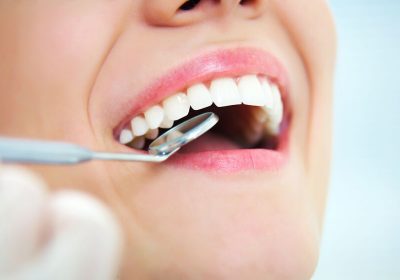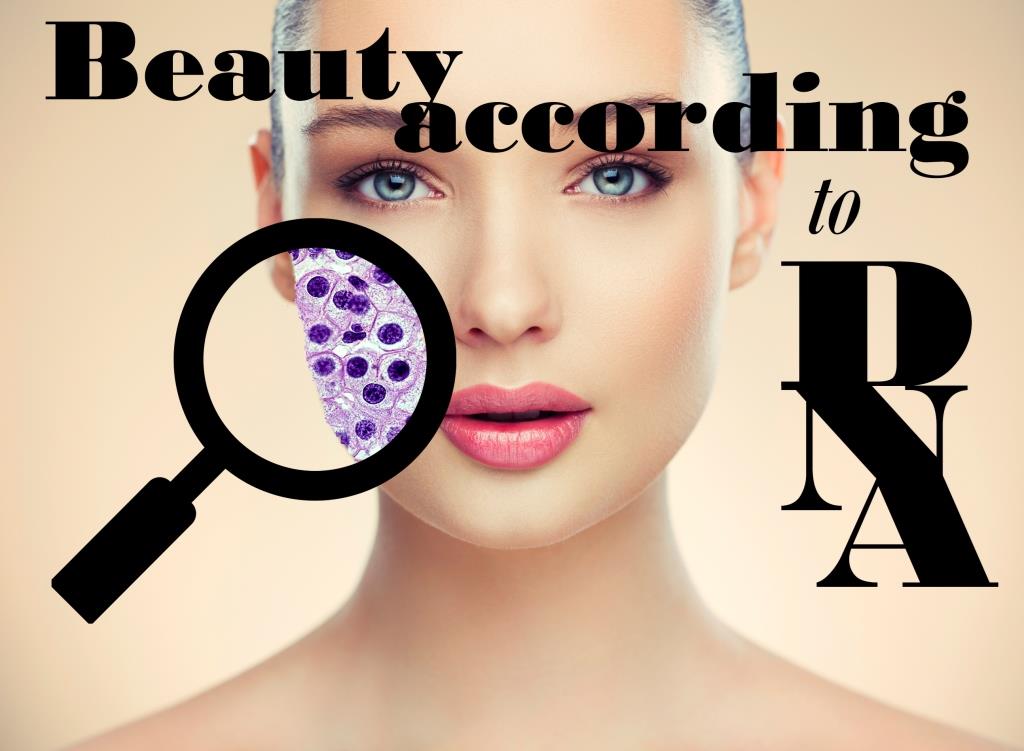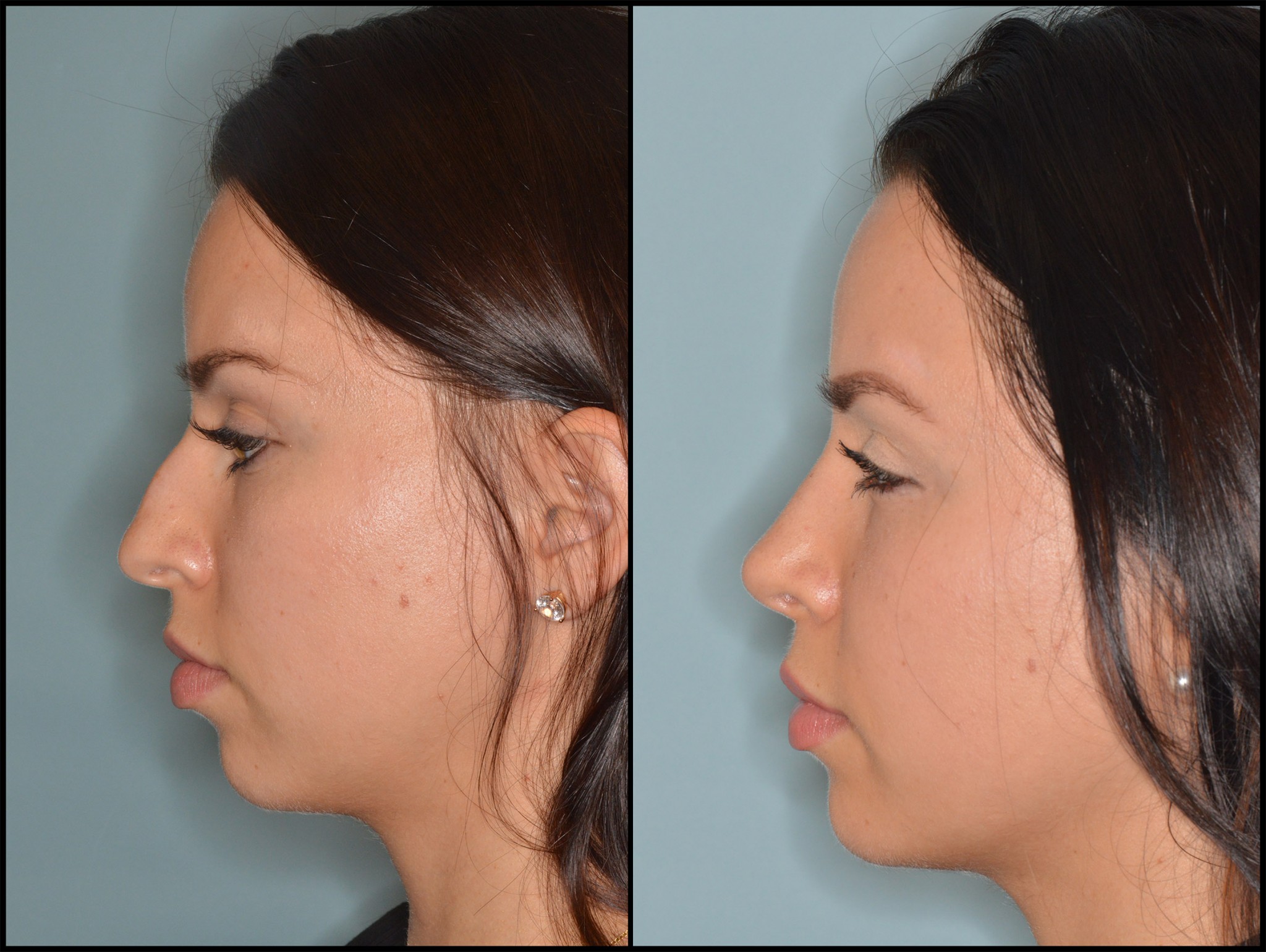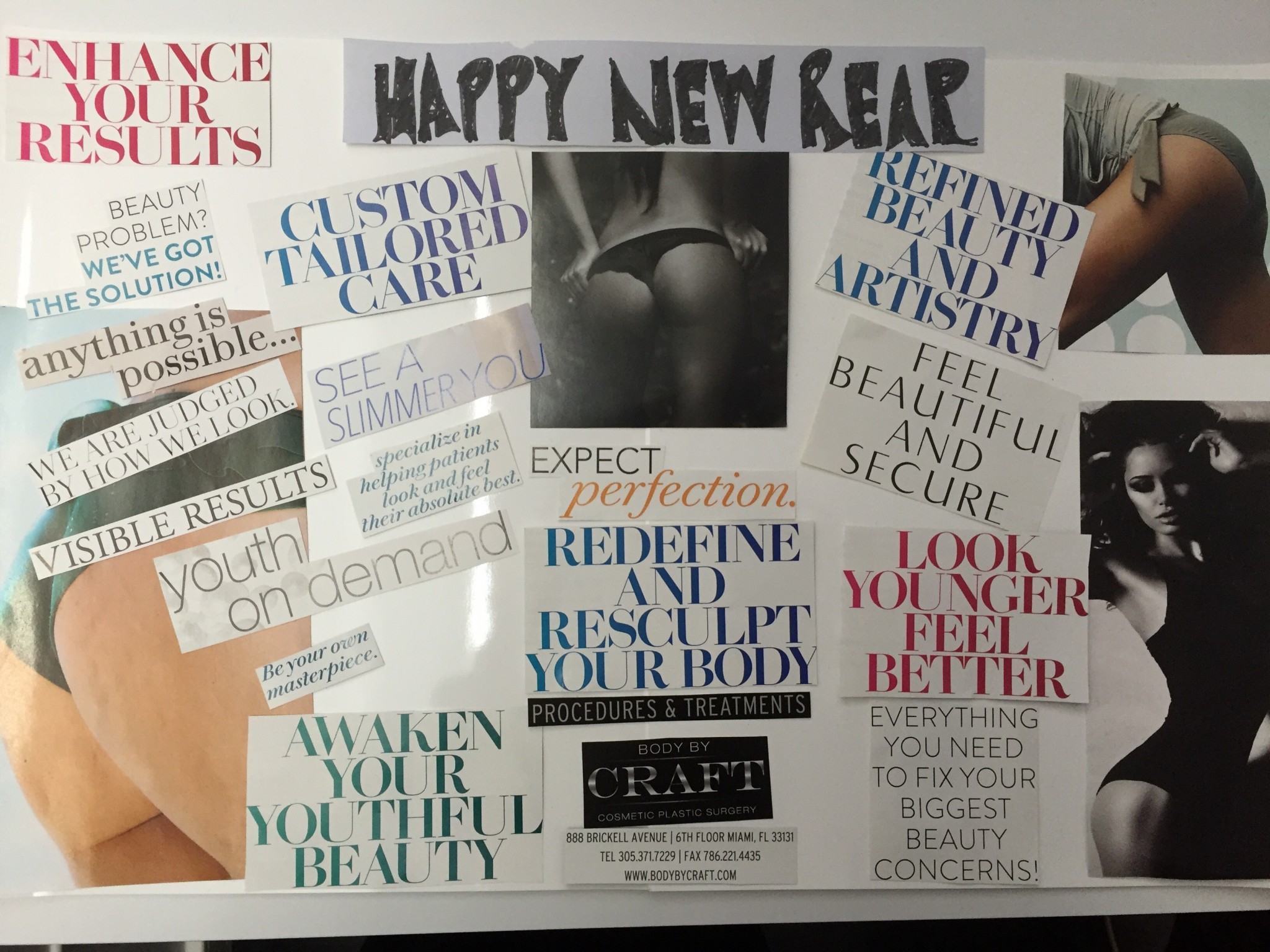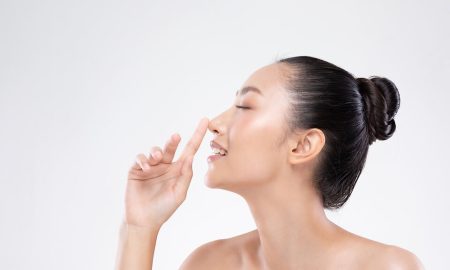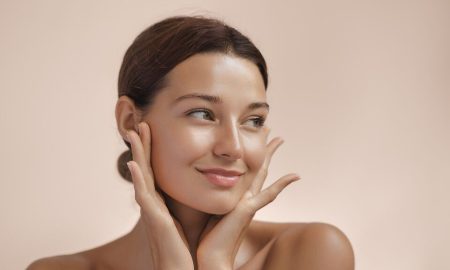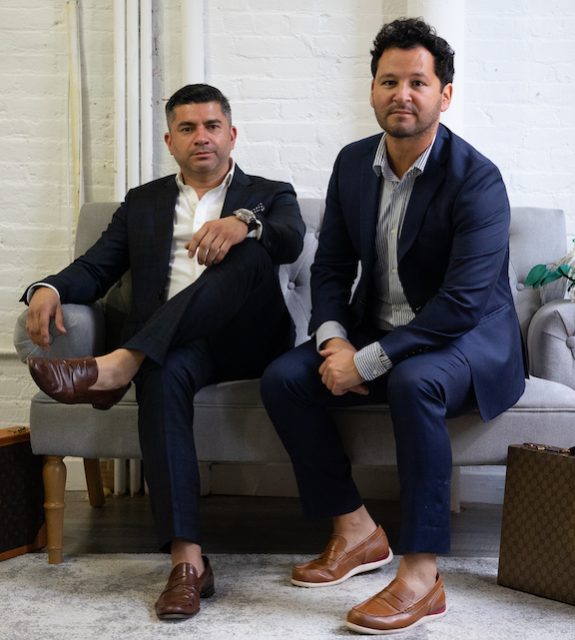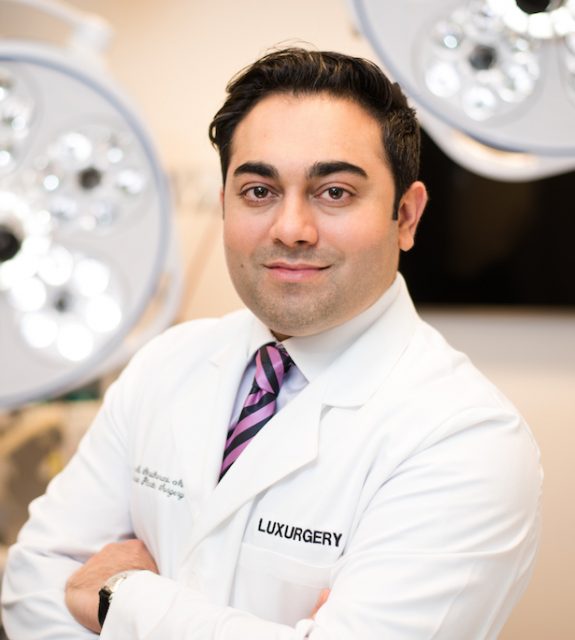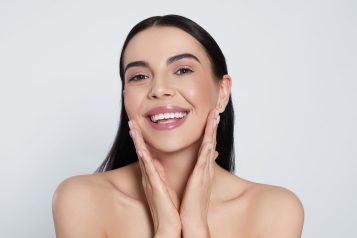The science of epigenetics probes how genes respond to factors like diet and lifestyle. It’s findings have largely bolstered the field of medicine but are now attaining new applications. Skincare is one of them.
French beauty behemoth, L’Oreal has spearheaded research into how to best affect the genes that dictate the health of the skin. The outcome, for the most part, has taken the form of DNA creams. Those contain enzymes that purportedly restore the skin damage by free radicals by delivering the cream’s active substances straight to cells’ nucleus. The advantages of DNA-enhanced beauty products over their conventional counterparts remain somewhat unclear.
What is indisputable, however, is the fact that a set of genes command how skin looks, responds to trigger factors and ages. This DNA-coded insight could lead to a personalized skincare regimen, tailored toward the skin’s weaknesses, like sun-borne sensitivity, for instance.
“This information empowers people to make better skincare choices that go beyond what they think their skin type is,” said Ruthie Harper for Raconteur. A Taxes-based internal-medicine specialist, Ms Harper has conceived SkinShift, a skincare line based on an at-home DNA test – as simple as a cheek swab – that studies 32 SNPs. SNPs (pronounced ‘snips’) or single nucleotide polymorphisms are unique genetic variations in one’s DNA helix that signal the skin’s resistance to disease, tolerance to drugs and responsiveness to lifestyle and environment factors. SkinShift focuses on four prime genetic skin markers – collagen production and retention, sun protection capability, antioxidant protection, proclivity for inflammation and sensitivity – in order to inform skin treatment.
Another beauty label specializing in DNA testing is GeneU, whose chief scientific advisor Christofer Toumazou received the European Inventor Award in 2014 for his contraption Genalysis, a microchip able to instantly read DNA sequences. The novel device allows GeneU’s team of scientists to conduct 30-minute DNA tests and analyses of customers’ antioxidant and collagen absorption (key to skin aging) at the brand’s London store on New Bond Street. The results come in in two days, painting a skin profile that GeneU advisors use to prescribe U+ serums. The test is now available to take home, as well.
https://www.youtube.com/watch?v=QArKlCeUf9k
American skincare leviathan, Olay is taking a different approach to DNA-centered skincare. Having partnered with personal genetic service 23andMe, the brand is looking at anti-agers, or the individuals who seem to retain their youthfulness exceptionally long. In doing so, Olay hopes to uncover the possible existence of good-aging genes, to better grasp lifestyle’s impact on gene manifestation and trace the trail of aging.
Even though science and beauty are largely coming together to study DNA’s influence on the skin, the ability to directly temper with and re-code genes is still hypothetical. Undesirable, perhaps. Imagine a quick gene fix that can prevent your skin from growing saggy and wrinkled and spotty – in 2017, this is the stuff of sci-fi. Yet, DNA skincare is the closest we have come to it.






